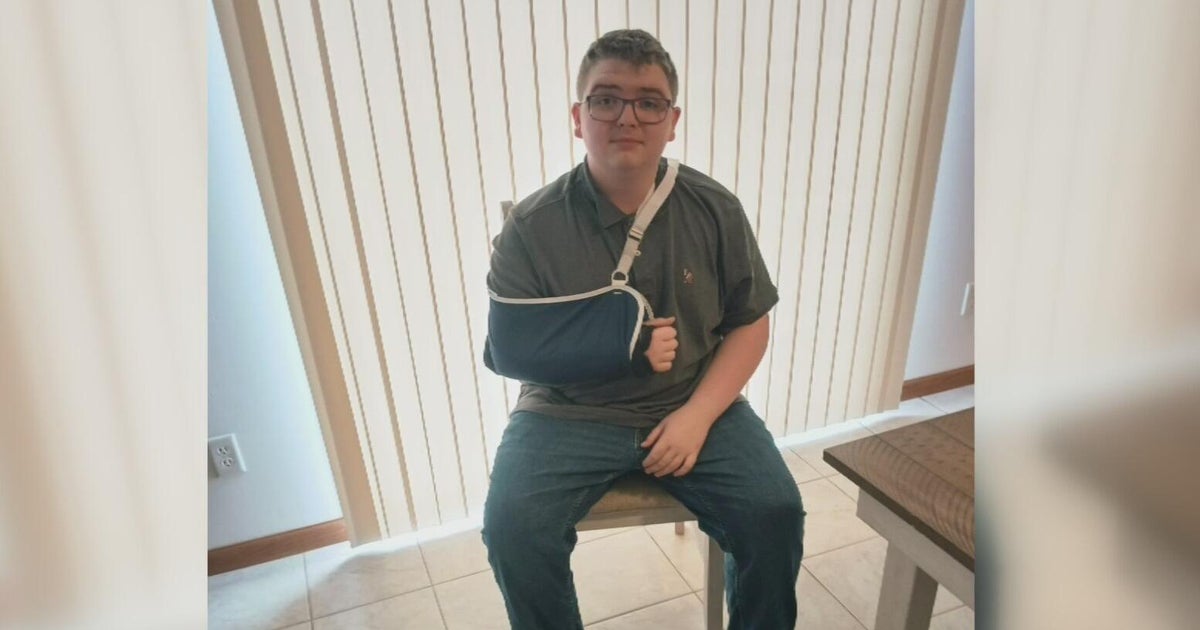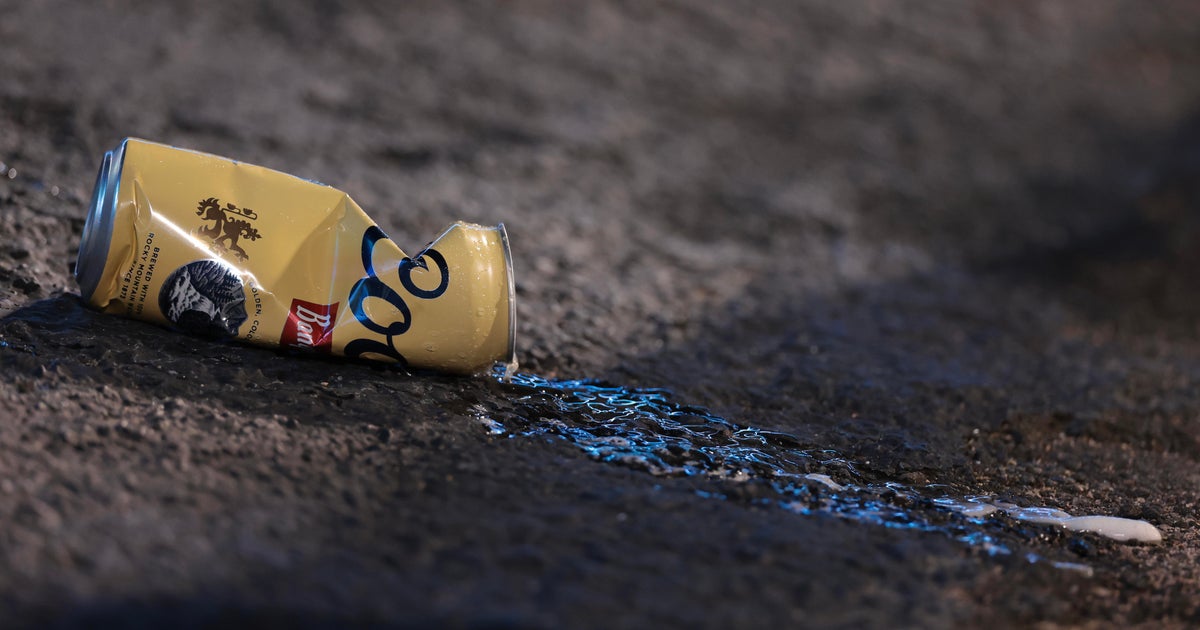Sugar Free Initiatives Bill To Be Introduced
BALTIMORE (WJZ) — Baltimore City Council prepares to tackle what some consider a huge health issue--sugary drinks.
Pat Warren reports on a council hearing to discuss the effects of sugary drinks on the health of children.
Big Gulps, big guts. Spoons full of sugar don't help the medicine go down as much as they can contribute to the need for medicine. In cases of obesity, that can lead to adult onset diabetes--now being seen in kids.
"I've seen 15-year-olds who weigh 200 pounds. I've seen 18-year-olds who have adult onset diabetes," said Dr. Leana Wen, Baltimore City Health Commissioner.
Joseph Grant, 18, is a case in point.
Warren: "When did you become aware of it as a problem?"
Grant: "When I decided that I wanted to lose weight."
His blood pressure was high and he had high blood sugar.
"I am 275 pounds now. I was 340," said Grant.
One of the first things cut from his diet was soda. He's now part of the Sugar Free Kids coalition.
"The main factor behind all this is the amount of sugary drinks that we're drinking every day," said Robi Rawl, Sugar Free Kids Maryland.
One in every three children in Baltimore is considered obese or overweight, and one in every four children drink at least one soda a day.
Back in March when Burger King removed soft drinks from its kid's menu, WJZ asked parents how they feel about regulating soda.
"Ultimately, it should be up to the parent," said one woman.
"Unfortunately, there are those who are not responsible enough to make good decisions for their family," another woman said.
Councilman Nick Mosby wants council to pass a resolution to make better choices available in city neighborhoods.
"It's not just with drinks, but it's also with the full spectrum of foods--fresh vegetables--that's a major problem throughout our city," said Mosby.
The Maryland Beverage Association says the industry is actively engaged in consumer awareness and offering sugar free options.
The resolution goes before the full council on June 1.
The beverage industry has launched an effort to reduce beverage calories consumed per person 20 percent by 2025.







